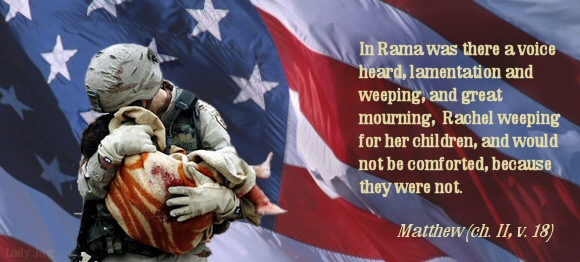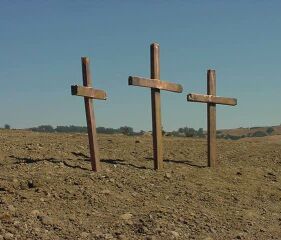July 28, 2014, marked the 100th anniversary of the beginning of World War I. In the British media many discussions and documentaries recalled the start of that 4-year conflict. Even the TV program Mr. Selfridge, which is based on an actual department store in London, included an episode set in 1914 that showed young male employees lining up to volunteer for the army. As I observed these portrayals of self-sacrifice, I felt a lump in my throat. The soldiers they depicted had been so young, so eager, and so unlikely to return from the horror of the trenches.
Although Jesus didn’t go off to war to defeat an earthly foe, He did go to the cross to defeat the ultimate enemy—sin and death. Jesus came to earth to demonstrate God’s love in action and to die a horrendous death so that we could be forgiven of our sins. And He was even prepared to forgive the men who flogged and crucified Him (Luke 23:34). He conquered death by His resurrection and now we can become part of God’s forever family (John 3:13-16).
Anniversaries and memorials remind us of important historical events and heroic deeds. The cross reminds us of the pain of Jesus’ death and the beauty of His sacrifice for our salvation.
Jesus spoke of Himself as “the Son of Man” (John 3:13), a title used exclusively to refer to Himself in the Gospels. In today’s passage, Jesus used it synonymously with “God’s one and only Son” (v. 18; see Matt. 26:63-64). Jews who were familiar with the book of Daniel would have recognized Jesus as the Messiah (see Dan. 7:13-14). Although “Son of Man” is a Messianic title, Jesus often used it in connection with His humiliation and suffering and His dying on the cross (Matt. 12:40; 17:9,12,22; Luke 9:22,44; 18:31-33; John 3:14-16). Making a typological reference to the bronze snake in Number 21:4-9, Jesus said that He too would be lifted up and anyone who looks to Him will not die but have eternal life (John 3:14-15). Sim Kay Tee






